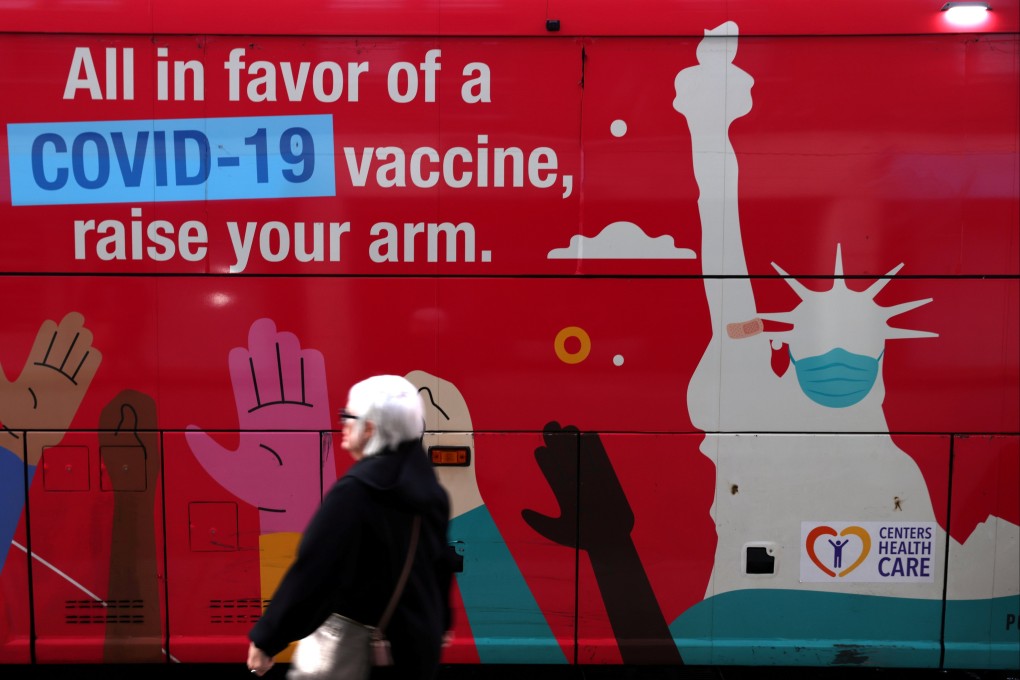Could vaccines beat back Omicron? South African study offers first clues
- Highly mutated variant much better at evading existing mRNA vaccine than previous coronavirus strains, but boosters could help, study indicates
- Findings of Durban-based researchers come after Swedish study found ‘highly variable’ reduction in antibody levels relative to original strain

The results are the first set of what is expected to be a deluge of data on the subject in the coming days. Scientists have cautioned about the need for more research, real-world data and corroboration, with an early study from Sweden already showing less stark reductions in protection in previously infected people.
The Durban-based South African research team led by virologist Alex Sigal found people who had received two doses of the Pfizer/BioNTech mRNA shot experienced a fortyfold reduction in levels of neutralising antibodies against Omicron, compared to those against an earlier strain used to build the vaccine.
However, people who had been infected with Covid-19 before vaccination retained considerable immunity – a finding some scientists say suggests boosters could have a similar effect and shows the variant cannot completely escape antibodies.